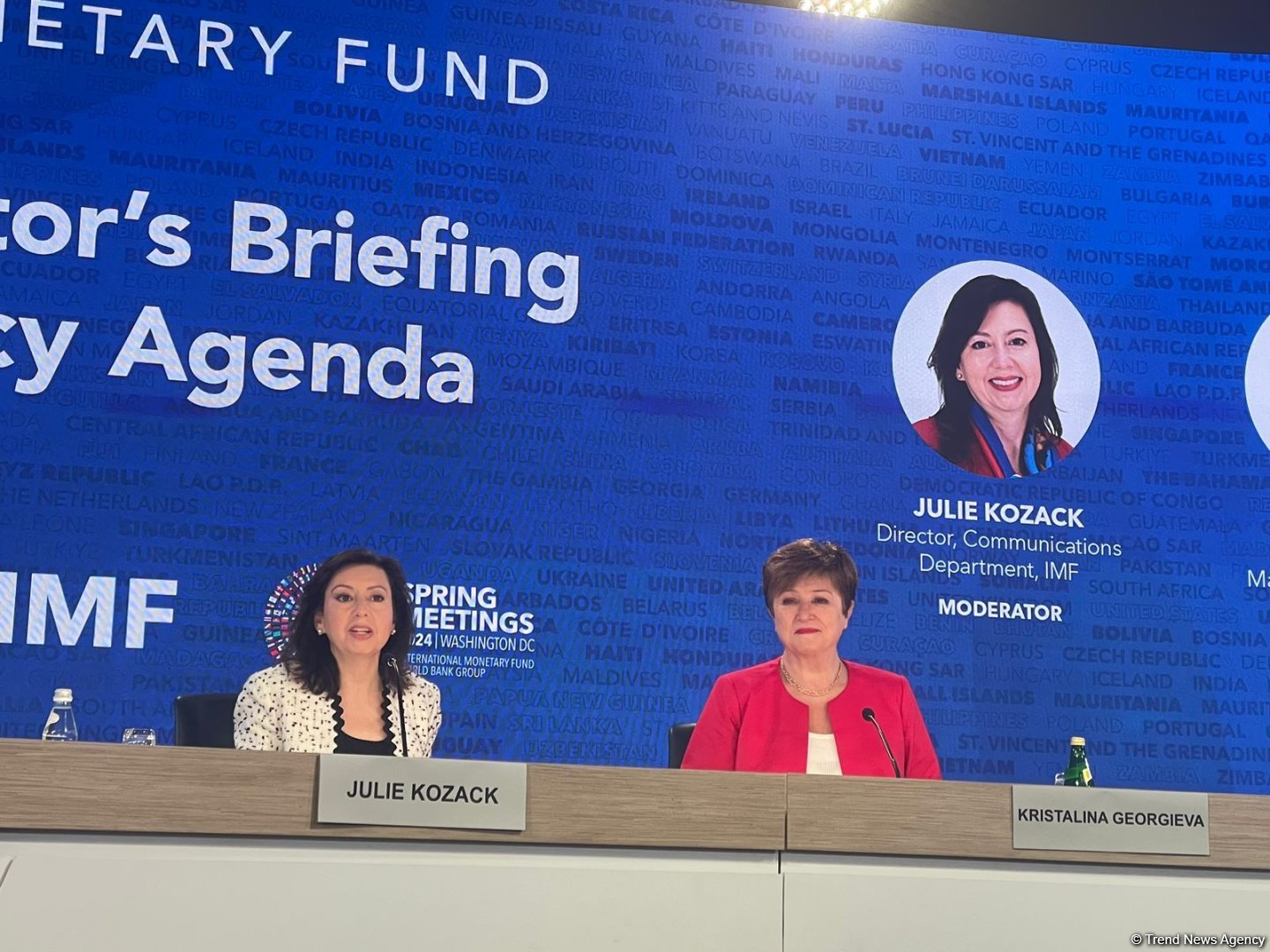U.S., WASHINGTON, April 18. There are three things that distinguishes the US economy from the EU, said the Managing Director of IMF Kristalina Georgieva during a briefing on the Global Policy Agenda held as part of the IMF Spring Meetings in Washington, Trend reports.
“As we are all aware, the last decades before the surge of
inflation was time of very low, sometimes even negative interest
rates. We have multiple factors affecting productivity and growth
among countries.
Productivity slowdown is not the whole reason why growth is slowing
down. There are also other factors. So, why is the US doing better
than Europe? There are three things that distinguish the US
economy. One is the force of innovation, and how easy it is for
innovation to turn into business development and then to be scaled
up. We know that in Europe there is still work to be done to
unleash the power of innovation,” she said.
Second, according to Georgieva, the US is benefiting from abundant labor coming across the border.
“It creates a domestic political problem and not everybody who
crosses the border adds positively to the economy, but that labor
supply also gave to the United States another comparative
advantage. Wages are not pushing up. Because there is no strong
pressure because of lack of labor.
And the third reason is US has benefited from more favorable
conditions in terms of energy prices, something that has been quite
a serious factor for Europe. If we add to this more investment in
human capital, make the labor force more agile and dynamic and more
forceful allocation of capital, it brings higher productivity,” she
added.
The Spring Meetings of the International Monetary Fund and the World Bank Group kicked off on April 15.
The main ministerial meetings and events will take place April 17-19 with other events and activities taking place during the week, April 15-20.
At the heart of the gathering are meetings of the joint Development Committee and the IMF's International Monetary and Financial Committee, which discuss progress on the work of the World Bank Group and the IMF.
The Spring Meetings bring together central bankers, ministers of finance and development, parliamentarians, private sector executives, representatives from civil society organizations and academics to discuss issues of global concern, including the world economic outlook, poverty eradication, economic development, and aid effectiveness.







